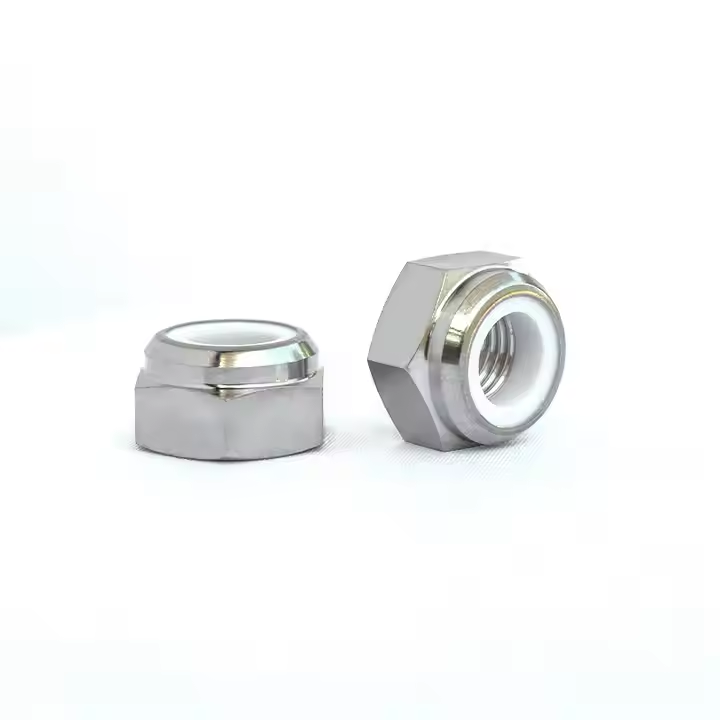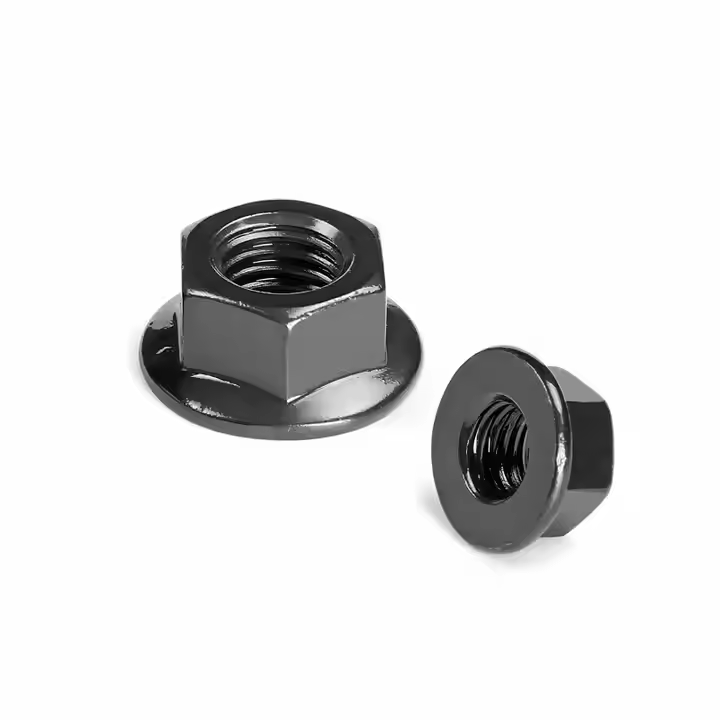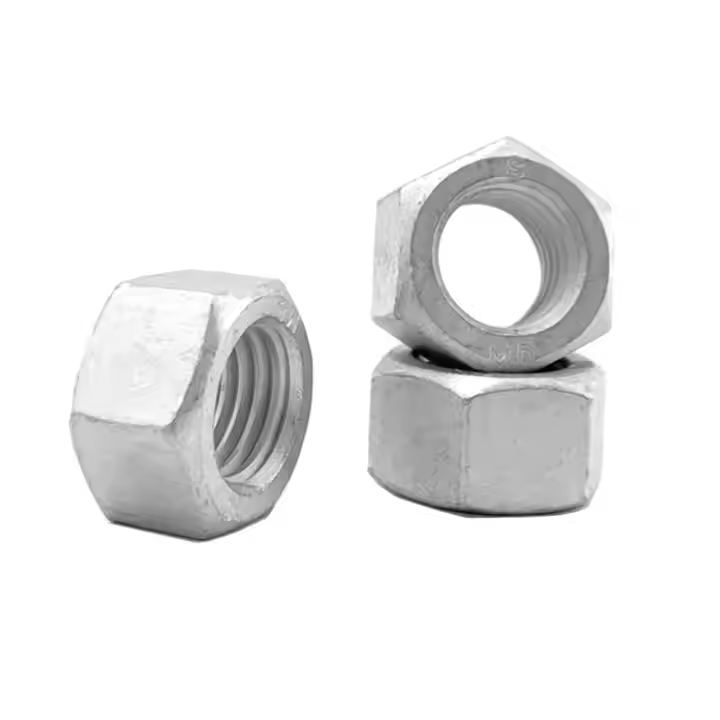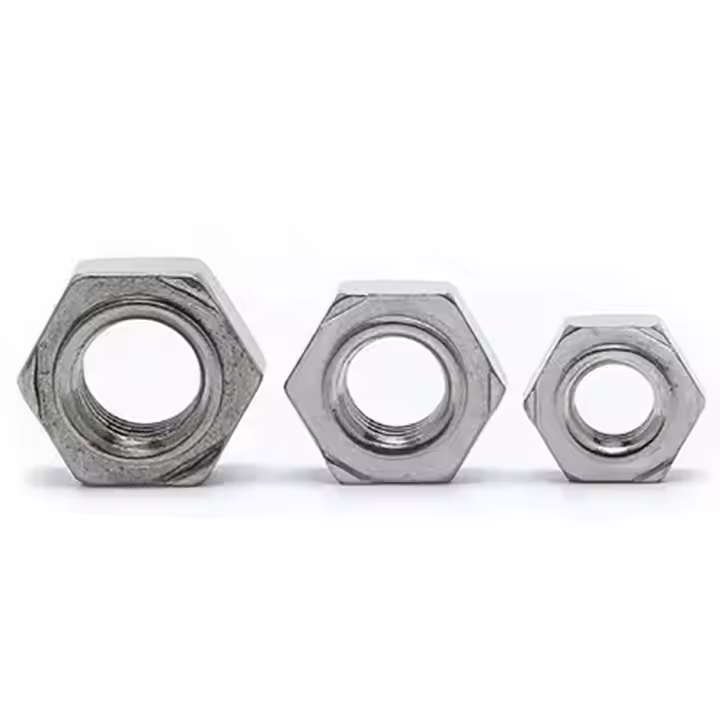

Slotted screws, also known as flathead screws, are one of the simplest and most widely used types of fasteners. Their characteristic single slot head allows for easy driving with a standard screwdriver. While seemingly straightforward, understanding the nuances of slotted screws is crucial for ensuring a secure and reliable fastening solution. This guide will provide you with the information you need to confidently select and utilize slotted screws in various applications.
Slotted screws are available in a wide range of materials, each offering unique properties. Common materials include:
The head style of a slotted screw influences its appearance and how it interacts with the material being fastened. Popular head styles include:
Slotted screws are available in a wide range of sizes, typically specified by their diameter and length. Thread types also vary, including coarse and fine threads, influencing their holding power and suitability for different materials.
Choosing the correct size and thread type is essential for optimal performance. Using a screw that is too small or has the wrong thread type can lead to stripping or insufficient clamping force. Refer to manufacturer specifications for detailed sizing information.
| Advantages | Disadvantages |
|---|---|
| Simple and inexpensive | Prone to cam-out (driver slipping out of the slot) |
| Widely available | Can damage the screw head or material if over-tightened |
| Easy to drive with standard screwdrivers | Less secure than other screw types (e.g., Phillips or Torx) |
Slotted screws find applications in various industries and projects. Their simplicity and affordability make them suitable for many applications, including:
However, due to their susceptibility to cam-out, they may not be the ideal choice for applications requiring high torque or vibration resistance.
Choosing the appropriate slotted screw involves considering the material being fastened, the required strength, the desired aesthetic, and the overall application. Always consult manufacturer specifications and datasheets to ensure compatibility and proper installation techniques.
For more information on sourcing high-quality slotted screws and other fasteners, explore the extensive selection offered by Hebei Muyi Import&Export Trading Co.,Ltd. They provide a wide variety of options to meet your specific fastening needs.
Remember, proper screw selection and installation are crucial for ensuring the longevity and structural integrity of your project. Always prioritize safety and best practices.













Please enter your email address and we will reply to your email.